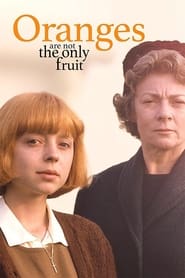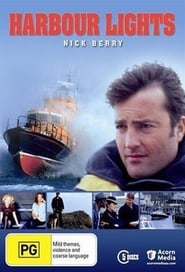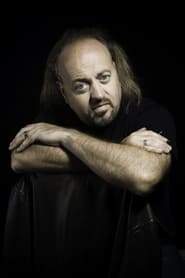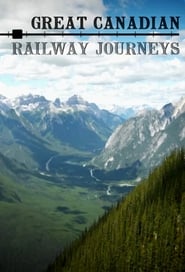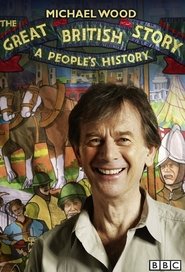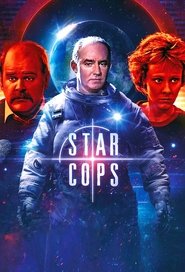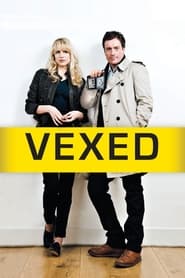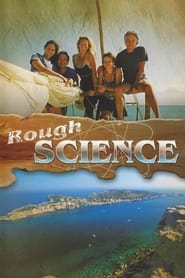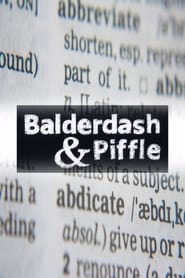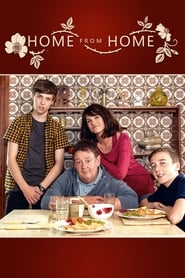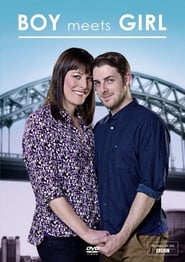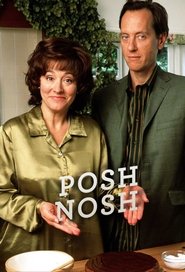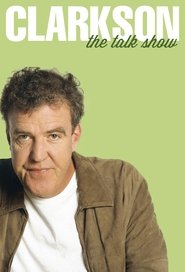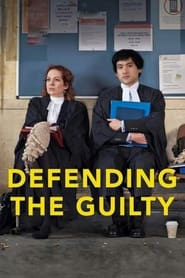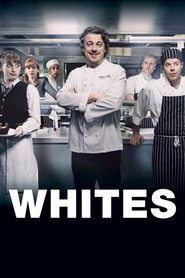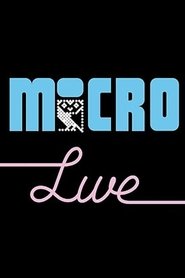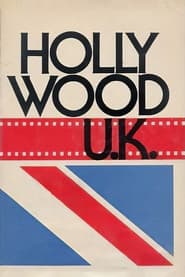Bbc Two TV Series - Page 20
-
Oranges Are Not the Only Fruit
1990
star 6.7Seven-year-old Jess is removed from her peculiar Pentecostal home and sent to school. -
Harbour Lights
1999
Harbour Lights
1999
Harbour Lights is the story of the close-knit south coast community of Bridehgehaven, where Mike Nicholls is the newly appointed Harbour Master, in the town where he grew up. The community is bedevilled by the ruthless business dealings of Tony Simpson, the feuding of the Blade family, and the all-pervading majesty of the sea. -
Is It Bill Bailey?
1998
star 6.8Is It Bill Bailey? is a stand up/sketch comedy series written by and starring Bill Bailey. Each episode features stage performances, interspersed with skits starring himself and other actors. As well as parodies of pop songs or artists, he deconstructs music from popular television shows. -
Great Canadian Railway Journeys
2019
Michael Portillo explores Canada, armed with his Appleton's Guidebook. -
The Great British Story: A People's History
2012
Series looking at history through the eyes of ordinary people. Rulers and royals, lords and ladies have all had their say down the centuries, what were the last 1,600 years like for everyday Britons? -
Reel History of Britain
2011
star 6Reel History of Britain is a 20 part series being shown on BBC Two, presented by Melvyn Bragg and about the history of modern Britain; through the eyes of people who were there. It was shown from 5–30 September 2011. The programme is a social history documentary, charting the course of the twentieth century through archive film, plus interviews and recollections of key events that have taken place in the last one-hundred years, since the advent of moving film. In each episode, Bragg goes to a different place in the UK and shows people film in a 1950s Ministry of Technology mobile cinema, then gauges their reactions and captures them on film. -
Safari School
2007
star 6Safari School is a BBC Two reality television series presented by Dr Charlotte Uhlenbroek in which eight celebrities take part in a four week ranger training course in the Shamwari Game Reserve in South Africa. -
Star Cops
1987
star 5.7Star Cops follows Nathan Spring and the rest of his multinational team of the International Space Police (Star Cops) as they work to establish the Star Cops and solve whatever crimes come their way. Operating in a relatively accurately realised hard SF, near-future, space environment, many of the cases that the Star Cops investigate arise from opportunities for new crimes presented by the technologically advanced future society the series depicts and from the hostile frontier nature of the environment that the Star Cops live in. -
Vexed
2010
star 6.9Comedy drama following a mismatched pair of police officers who disagree on everything with their partner, from policing to their personal life. -
Rough Science
2000
Rough Science
2000
Science challenge series in which a team of five scientists pool their knowledge in order to complete a selection of set tasks. -
Balderdash and Piffle
2006
star 9Presented by Victoria Coren, it was companion to the Oxford English Dictionary's Wordhunt, in which the writers of the dictionary asked the public for help in finding the origins and first known citations of a number of words and phrases. The OED panel consisted of John Simpson, the Chief Editor of the OED; Peter Gilliver, who was also the captain of the Oxford University Press team in University Challenge - the Professionals; and Tania Styles, who also appeared in "dictionary corner" in Countdown. -
Home from Home
2018
star 5Uptight, try-hard dad Neil Hackett's decision to buy a lodge in the Lake District proves disastrous when he discovers he is living next door to the uber successful, effortlessly superior Dillons. -
Boy Meets Girl
2015
star 3.9A romantic comedy about the unexpected relationship between Judy and Leo, a 40-something transgender woman and a down on his luck, 26-year-old man. Differences mean nothing if love means everything. -
Posh Nosh
2003
star 6.7Simon and Minty prepare various dishes ranging from architect's fish and chips to bread AND butter pudding, offering snooty and frequently surreal commentary along the way. -
Clarkson
1998
-
Defending the Guilty
2018
star 7Will Packham is an idealistic pupil barrister - or idealistic for now. Can Will hold onto his principles and prove he has what it takes? -
Whites
2010
star 7.1Comedy series set in the kitchen of a country house hotel, following the trials and tribulations of head chef Roland White and his long suffering sous chef Bib. -
Micro Live
1983
star 8.5Micro Live was a BBC2 TV series that was produced by David Allen as part of the BBC's Computer Literacy Project, and followed on from earlier series such as The Computer Programme, Computers In Control, and Making the Most of the Micro. As the name implies, the series was broadcast live. The first programme was actually a one-off two-hour-long special, broadcast on Sunday 2 October 1983 under the name Making the Most of the Micro Live. A second one-hour special was then broadcast in the summer of 1984 - in that programme it was announced that Micro Live would be back on BBC2 as a regular monthly one-hour series starting in October of that year. A second season of Micro Live launched in 1985 as a weekly half-hour programme and was followed by a third series of weekly half-hour shows in 1986. The series broadcast its last programme in 1987. The scope of the programme was much wider than the preceding computer series and had a less formal feel due to its 'live' nature - not only did it cover more subject areas but -
Hollywood U.K.: British Cinema in the Sixties
1993
Five programmes that trace a remarkable decade in British film-making through interviews with its stars and directors. -
Grumpy Old Men
2003
star 7.2Series giving a voice to 35- to 54-year-old men, very probably the grumpiest sector of our society.
